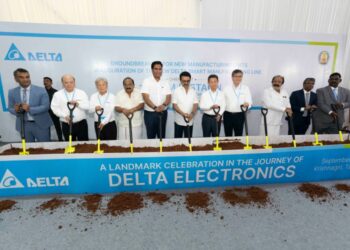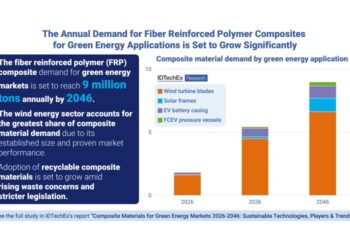New Delhi – Ingen Technologies is proud to announce its selection as the WINDS Implementation Partner (WIP) by the Department of Agriculture Development and Farmers’ Welfare, Government of Kerala. This strategic collaboration aims to revolutionize weather monitoring in the state, significantly strengthen agricultural resilience through advanced weather data collection systems.
As part of this initiative, WRMS Global, through its subsidiary Ingen Technologies, will deploy approximately 950 Weather IoT Systems, including Automatic Weather Stations (AWS) and Automatic Rain Gauges (ARGs) across 14 districts in Kerala. These installations will deliver real-time weather data—covering temperature, humidity, wind speed & direction, and rainfall. By equipping farmers with accurate and timely information, this project will empower them to make informed decisions and improve agricultural planning.
The five-year implementation (2024–2029) will see installations at both block and Gram Panchayat levels, ensuring uninterrupted, high-quality data collection aligned with WINDS guidelines for modernizing weather infrastructure. The initiative is poised to transform how weather risks are managed at the grassroots level, contributing to smarter agricultural practices and more resilient farming communities.
“Our partnership with the Government of Kerala represents a major step forward in supporting our farmers,” said Ankit Agarwal, Head, AWS & IoT, INGEN. “Kerala has faced significant climate-related disasters in recent years, including the devastating Kerala floods of 2018 and recurring monsoon-related calamities. These events have underscored the critical need for accurate and timely weather monitoring. By installing advanced weather IoT systems and providing real-time datasets across Kerala, we are helping to improve disaster preparedness, enabling farmers and authorities to proactively mitigate risks and safeguard livelihoods.”
WRMS and Ingen are dedicated to making a positive impact in the communities they serve. This project not only enhances weather monitoring capabilities but also plays a vital role in supporting farmers and improving their long-term sustainability.













